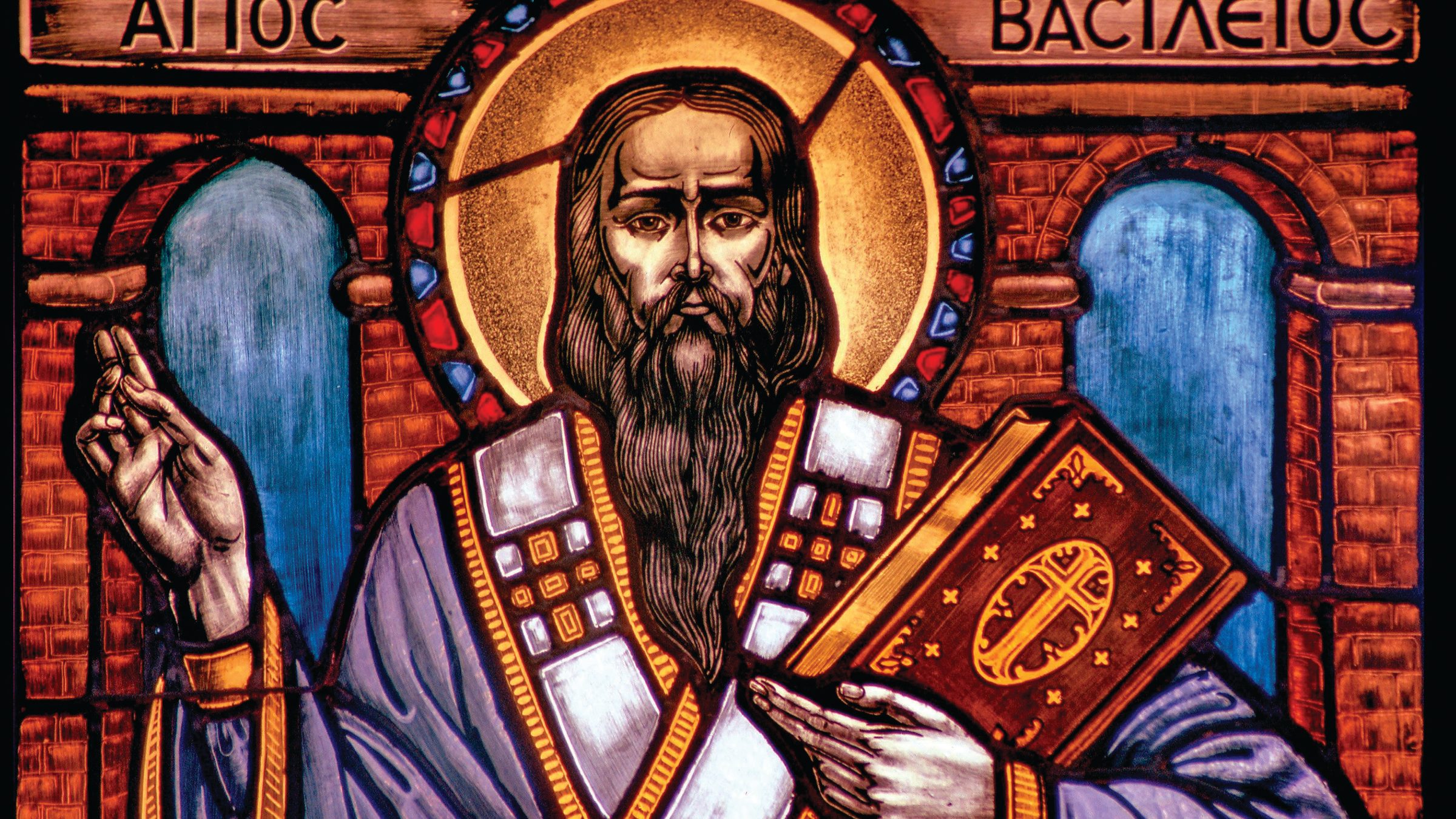The saints are alive! And, like us, they have human temperaments. Some were fierce and outgoing, others quiet and contemplative.
We’re called to be saints, too, and our temperaments are innate, hard-wired traits that God has gifted us. The Church has relied on the study of the classic four temperaments (Sanguine, Choleric, Melancholy, and Phlegmatic) as an aid to spiritual growth for centuries.
We may be natural introverts or extroverts or even a bit of both. We may quickly trust in others or be naturally suspicious. Perhaps you move cautiously through life, while your inspiringly saintly best friend dashes headlong into things.
Regardless, it is upon these natures that we are built, by God’s grace, into men and women of virtue.
As a certified life and relationship coach, I help my clients discern their own temperament sets as a means of self-understanding and personal or career discernment. As a Catholic, I also use the saints to showcase canonized men and women who have exemplified the spiritual gifts arising from each trait, allowing God to thus bring their personalities to perfection.
Just for fun, as we approach All Saints Day, let’s consider where a few saints might fall within the four types of temperament:
Saint Philip Neri lived in Rome during a time when there were grave abuses within the Church and humanism and skepticism were replacing Christian ideals and thinking. From infancy Philip had both a docile (Phlegmatic) and spirited, playful (Sanguine) disposition.
Before becoming a priest, he evangelized as a layman on street corners, making friends and engaging in personal conversations. Amusing and charming, Philip would arrange group talks or excursions, sometimes with music, wine-drinking contests or a fun picnic included.
His goal was to establish warm, personal bonds with others as he brought them back to Church. He’s called the “laughing saint” who never took himself too seriously (Sanguine). One of his biographers said he was so adaptable he could be all things to all people – a characteristic Phlegmatic strength.
From dear Philip, we learn that we can be holy and even pious and still be able to take ourselves and others lightly and have fun.
Recently canonized Saint Pier Giorgio Frassati was a cigar-smoking mountaineer who could also recite entire passages of Dante with relative ease.
He had boundless energy (the extroverted Choleric), attended the theater, visited museums, helped establish a newspaper and declared, “Charity is not enough; we need social reform,” even while studying engineering – all Melancholy strengths.
Clearly, he was a take-action Choleric with a beautiful “bleeding heart,” typical of the Melancholy. Once he arrived home, his teeth chattering from the cold. When his father asked why he was not wearing the beautiful overcoat given to him, Pier Giorgio admitted that he’d given it away to a homeless man who was shivering.
From this highly active, gregarious and socially oriented new saint, we have this encouragement: “If you have God as the center of all your action, then you will reach your goal.”
Saint Catherine of Siena was a mystic, activist and author who had a major influence on Italian literature, politics and the Catholic Church, and she is a doctor of the Church.
As an introvert, she preferred a withdrawn life, yet when duty called, she traveled throughout Italy preaching, writing, and persistently advocating for the reform of both clergy and faithful.
When Pope Gregory XI abandoned Rome during political turmoil, Catherine went to tell him to get back where he belonged! He listened, ultimately naming her an ambassador; in that role she negotiated for peace between the republics and principalities.
Later, the Great Schism of the West led Catherine to write to princes and cardinals instructing obedience to the new Pope Urban VI. Confident, capable, and courageous Phlegmatics often excel at holding their ground, keeping their calm, and are often better natural ambassadors than fiery, outspoken extroverts.
It takes conviction and courage to stand up and speak out, especially to those in authority. “If you are what you should be, you will set the world on fire,” Catherine wrote to one correspondent. As a classic Phlegmatic and Melancholy, she would know!
The saints are clear-eyed Christians who knew who they were and offered the fullness of themselves to God, in all their strengths and weaknesses. As November approaches, may we follow their examples!








